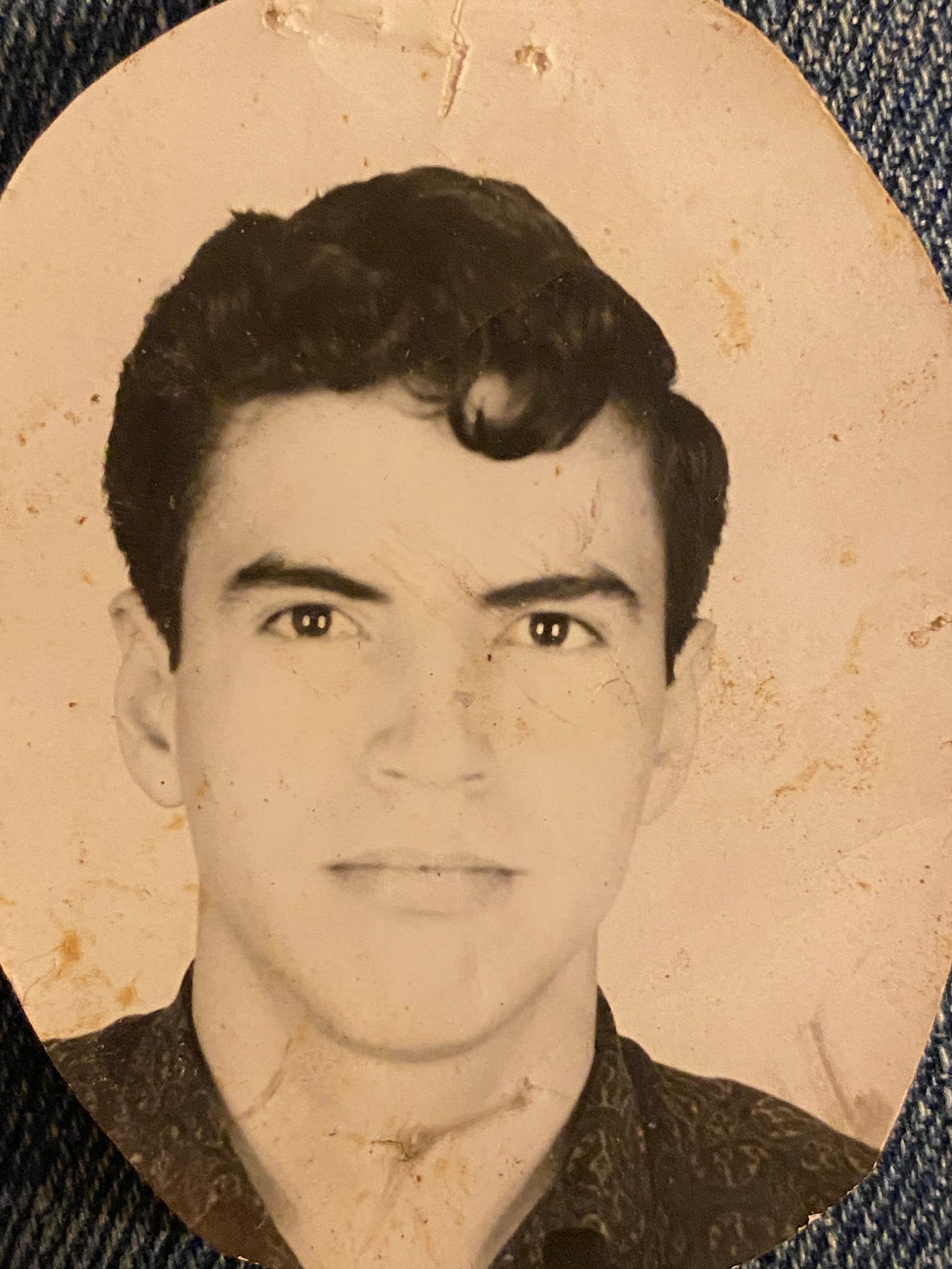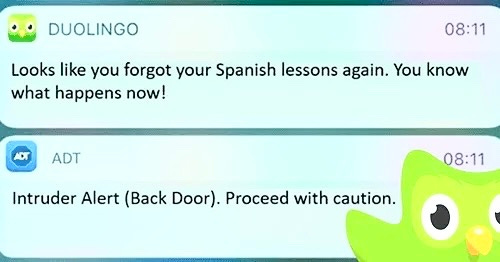Learning French - Roberto Dives In
I have never mastered a second language. The funny thing is, I grew up with a multilingual parent. My father’s family is from Mexico. My dad was born in the US and grew up near the Texas border town of Brownsville. His family spoke Spanish at home, and he considered Spanish his first language, although he was completely fluent in English.
During his career in the US Navy he picked up some Italian and went to the DOD language school in Monterey to learn Portuguese. Dad clearly knew the value of speaking more than one language, but he discouraged us from learning Spanish when we were young. Being Latino had been a liability for him in this, his home country, and he didn’t want us to have that burden.
By the time I was in high school, it was clear that Spanish was becoming the second dominant language in the US. With my parents’ encouragement I took two years of Spanish in high school and two years in college, but I never really got past being a proficient beginner. Presently, I work on construction sites and speak some Spanish most days, but it doesn’t flow off my tongue easily and there’s still a lot of gesturing and sketching. I’ll keep working at it, and Montpellier is close to Spain, so maybe I’ll learn some of those vosotros conjugations they always assured us we wouldn’t need.
In college, I got interested in Italian while studying architecture, and after taking a course on Italian neorealist films, I decided to take a few classes. I did two intensive summer sessions plus six regular semesters of study. I was an advanced beginner but felt more advanced than I was because I could (mostly) follow the clipped, punchy dialogue in those neorealist films. My Italian was better in 1995 than my Spanish had ever been.
In 2010 I spent a year living in Indonesia. I have fond memories of sitting in the kitchen of my little house early in the morning with Mbok Ungal, my elderly housekeeper/cook. She would mime animals or insects for me and I would write down the words and make a sketch of the animal/thing while we shared a pot of coffee.
So I’ve learned a smattering of several languages, but I haven’t become fluent in any of them—not even close. For the Montpellier life in front of us, I want/need to be fluent in French, and I’m bracing myself for the humiliation I always feel when I do something poorly in public. A friend of ours who had a long career in the US foreign service said something encouraging: when you hear someone struggling with a new language, you are hearing someone being brave.
I love the generosity of that sentiment.
My strategy is to study consistently, to try to actually engange people in French while we are there (rather than asking parlez-vous anglais? right away), and to create opportunities for myself to learn that are always within reach.
My current modes of study are these:
I listen to the Coffee Break French podcast and also subscribe to their Coffee Break Academy which includes the podcast, a video of the podcast with text on the screen, and some bonus content (usually additional vocabulary or finer points of pronunciation). I find it effective and fun and the lessons are a good length for someone who prefers to study in 15-20 minute spurts, plus I can listen to it in the car.
Duolingo. I really like Duolingo, but the voices that they give the animated characters are ridiculous, and I find myself imitating their tone when I repeat the practice phrases. I’m going to end up sounding like the French Taunter from Monty Python’s “The Holy Grail”.
That aside, I can’t deny that Duolingo is a good program; it feels like mini-immersion. They throw new words at you in a context you are familiar with so that you can infer the meaning (there are no vocabulary lists in DuoLingo). The course repeats things constantly and prods you when it seems like you might skip a day
Finally, I follow several people on Instagram who post content for French learners. They usually have posts along the lines of “How to say ‘this tastes terrible’ like a native French person!” or “What is this en francais” (proceeds to walk through a kitchen holding up various utensils and pans). These are fun and every now and then there’s an expression or short vocabulary list that resonates and I’ll make a point of memorizing it. My favorites on Instagram are @learnfrenchwithmaud, @french.with.handsome, and @hellofrenchnyc (I recently purchased their ebook, Le Bouquoin, Essential French for Beginners).
Carolyn and I agree that we both want to sign up for an intensive language class on our next trip to Montpellier. We haven’t selected a specific school yet, but Montpellier has plenty of options. (I’ll post an update when we get to France in April.)
As my father got older and his health began failing, it made me sad to think that I’d never be able to have a conversation with him in Spanish. I remember watching him talking with his brothers and sisters on our family vacations to Texas, or with the waiters at his favorite Mexican restaurant (the original Anita’s in Vienna, VA) and the energy was different. He seemed more outgoing, funnier, and more at ease in Spanish—he seemed lighter.
Years from now, when we have both become comfortable with the French language, I hope Carolyn and I return to the US from a long stay in France and comment on how comfortable and familiar it feels to slip back into English.








Many moons ago, I was a nanny in Paris. It helped to remember cognates and the fact that almost every English word ending in -ion has the same meaning in French. ex. Correction, multiplication, reflection, and etc.
Thank you for sharing the instagram pages and especially the Coffee Break podcast. After a very first initial listen, both presenters seem to have Scottish/French accents, which is good news for me! 🏴